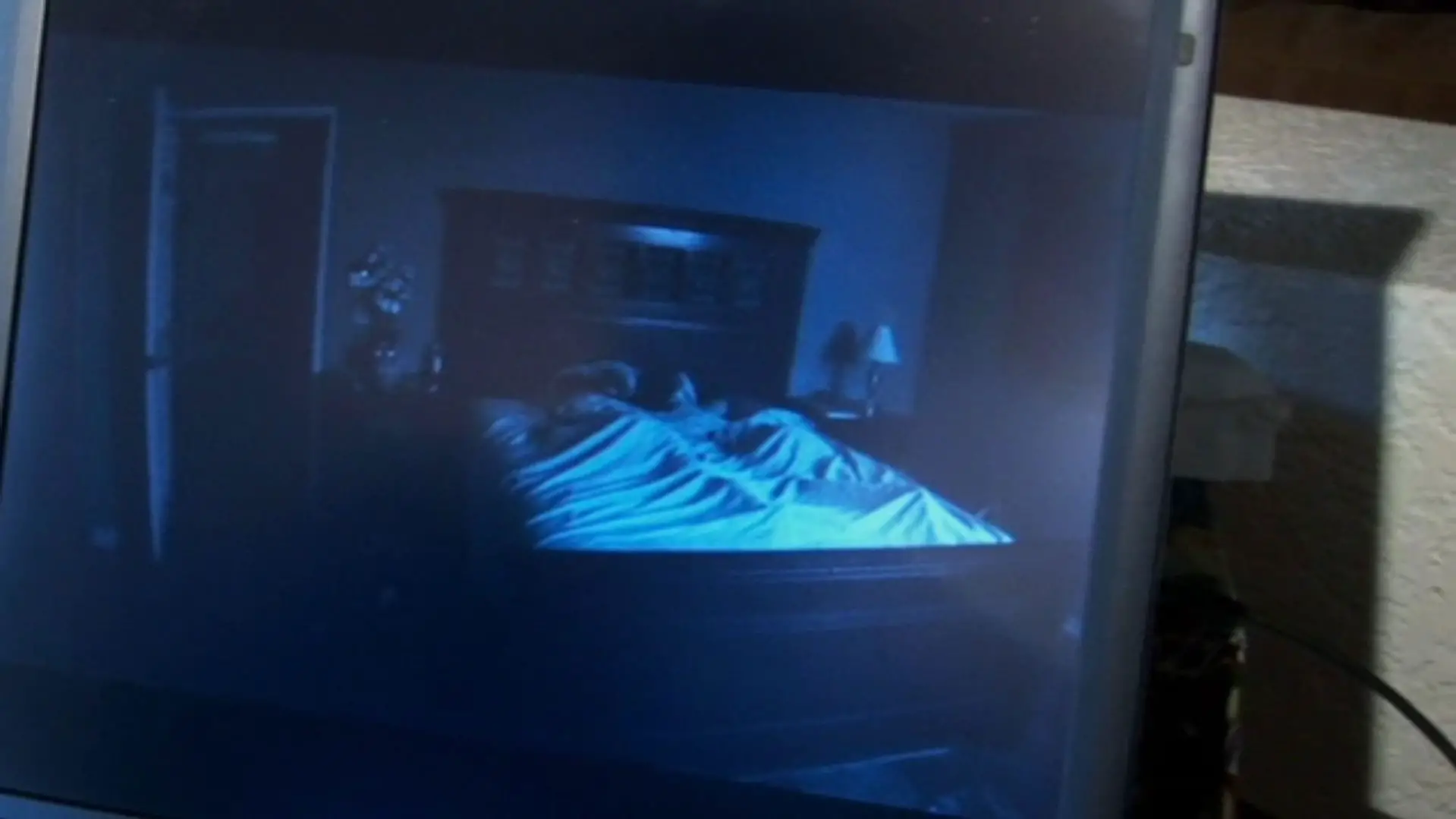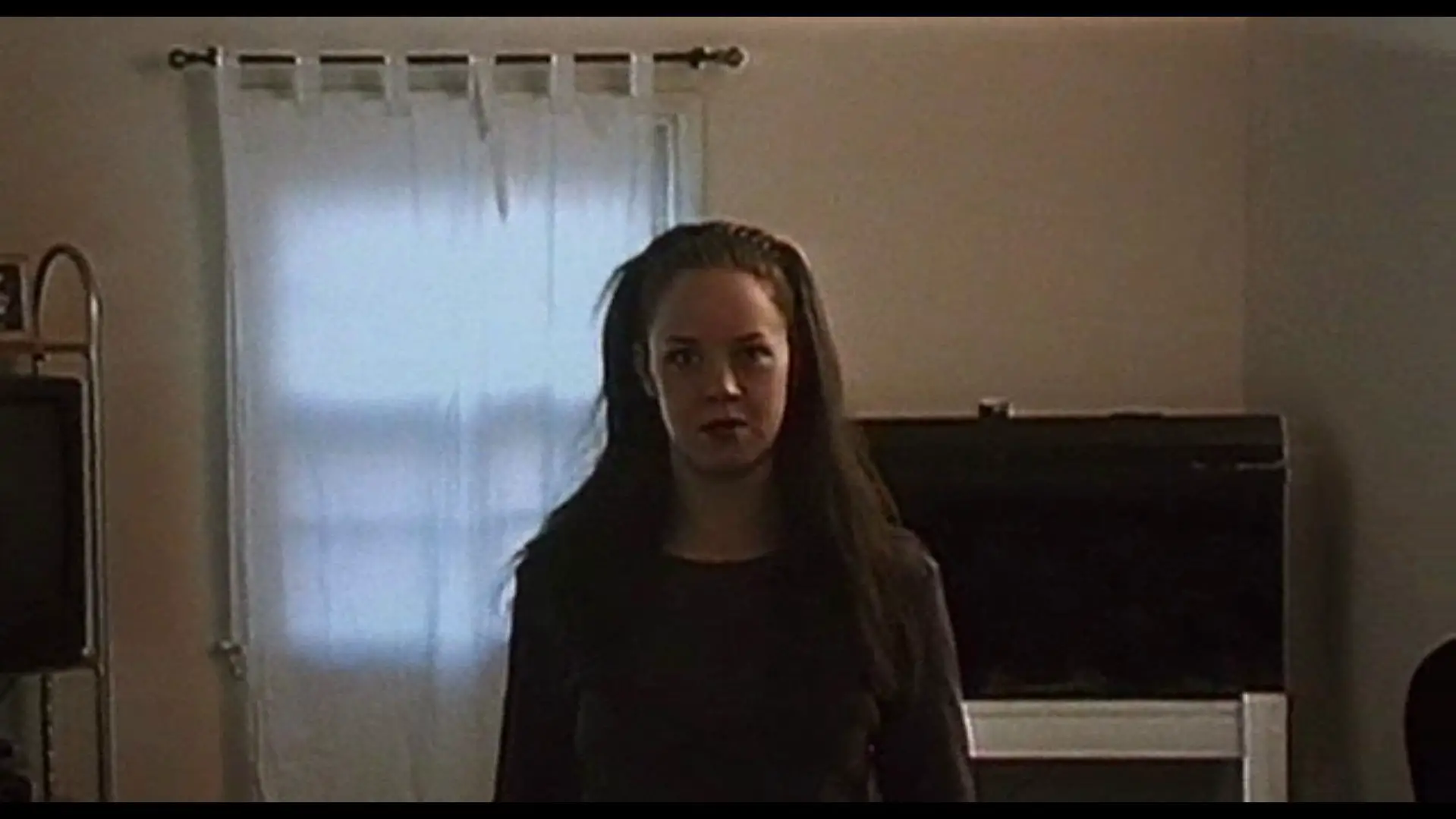
Mockumentary Movies
Mockumentary movies are fictional films presented in the style of a documentary, often using satire, parody, or absurdity to entertain while mimicking the tone and structure of non-fiction storytelling. These films typically feature interviews, handheld cameras, narration, and “behind-the-scenes” footage to create a sense of realism—even when the subject matter is entirely fictional or exaggerated.
One of the earliest and most influential mockumentaries is This Is Spinal Tap (1984), a hilarious look at a fictional British rock band on a disastrous tour. Directed by Rob Reiner, the film cleverly parodies rock documentaries, featuring improvised dialogue and deadpan humor that became a hallmark of the genre. Its success paved the way for other cult classics.
Director Christopher Guest, who starred in Spinal Tap, went on to pioneer the format with mockumentaries like Best in Show (about dog show enthusiasts), Waiting for Guffman (community theater), and A Mighty Wind (folk music revival). These films blend improvisation with absurd characters, poking fun at niche subcultures while maintaining a surprisingly affectionate tone.
Mockumentaries can also take a darker or more surreal turn. What We Do in the Shadows (2014) presents the everyday lives of vampires sharing a flat in New Zealand, blending horror and comedy through a documentary lens. Borat (2006) and its sequel push the format into real-world pranks, with Sacha Baron Cohen’s character interacting with unsuspecting participants in unscripted situations.
What makes mockumentaries so effective is their ability to blur the line between reality and fiction. By borrowing the conventions of documentaries, they can satirize media, expose social absurdities, or simply offer an unconventional storytelling experience.
Whether poking fun at fame, politics, or paranormal investigations, mockumentary movies offer a smart, funny, and often surprising twist on traditional narrative filmmaking.


Paranormal Activity

The Blair Witch Project

Surf’s Up



